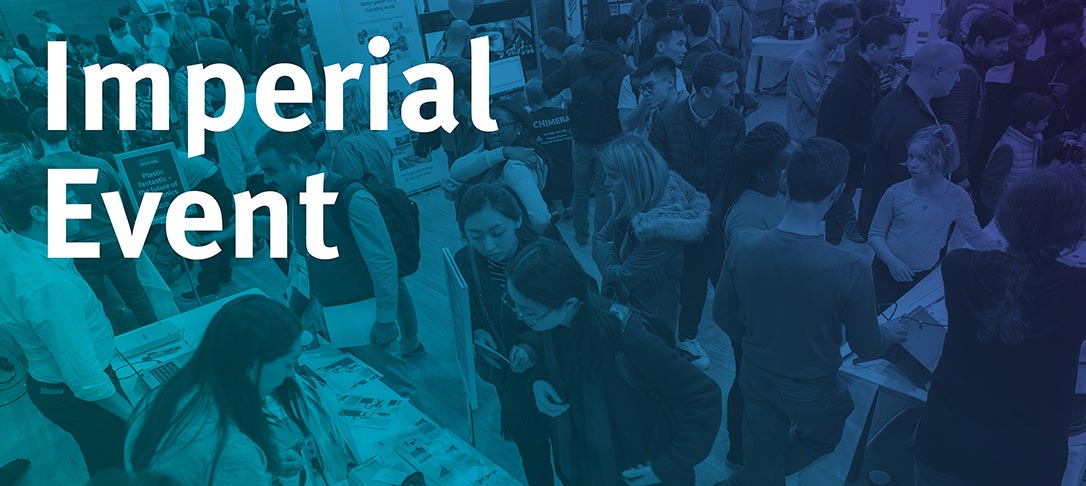
Professor Jim Virdee presents the 2007 Annual Schrodinger Lecture: ‘Discovering the Quantum Universe: the Large Hadron Collider Project at CERN’.
Abstract:
It is widely believed that the results from the forthcoming experiments on the Large Hadron Collider (LHC) accelerator at CERN will alter our perception of how Nature operates. These experiments, due to start collecting data in 2008, will be the most important ones in elementary particle physics for the foreseeable future.
The aim is to tackle some of the most fundamental questions about the origin, evolution and composition of our universe. Potential discoveries include new forms of matter, new forces of nature, new dimensions of space and time. Particular questions to be addressed include: what is the origin of mass, what constitutes dark matter, why is the universe composed of matter, not antimatter, and more.
For these experiments, protons will be collided at unprecedented high energies to recreate and study states of matter believed to have been present a fraction of a nanosecond after the Big Bang.
The detectors for the LHC experiments are arguably the most complex scientific instruments ever built. One of them, the CMS experiment, will be used as an example to describe the journey so far and the prospects for discoveries in the coming years.
Biography: Professor Tejinder ‘Jim’ Virdee is a particle physicist working at Imperial College London and CERN, the European Organization for Nuclear Research, in Geneva.
He first joined the College as a research student in 1974 and, following a postdoctoral fellowship at CERN, was appointed as a lecturer in 1983. He was elected to a chair in physics in 1996.
Professor Virdee is distinguished for his contributions to experimental particle physics. In particular, starting with a handful of colleagues in 1990, he was responsible for setting up the worldwide CMS experiment collaboration. This is now one of the two largest experiments in particle physics with over 2000 scientists and engineers from over 170 institutes in over 35 counties. The CMS experiment will operate at the CERN Large Hadron Collider (LHC) at an unprecedented energy and intensity.
Professor Virdee was the deputy leader of the CMS experiment since 1993 and was elected to take over the leadership in January 2007 for a period of three years; his leadership will cover the first LHC data taking which will give insights into the Higgs mechanism and physics beyond the standard model.
Chair: Sir Richard Sykes, Rector, Imperial College London
Vote of Thanks: Professor Sir Peter Knight, Principal, Faculty of Natural Sciences
A post lecture drinks reception will be served in the Sir Alexander Fleming Building following the lecture.
A ticket is required for this event.


